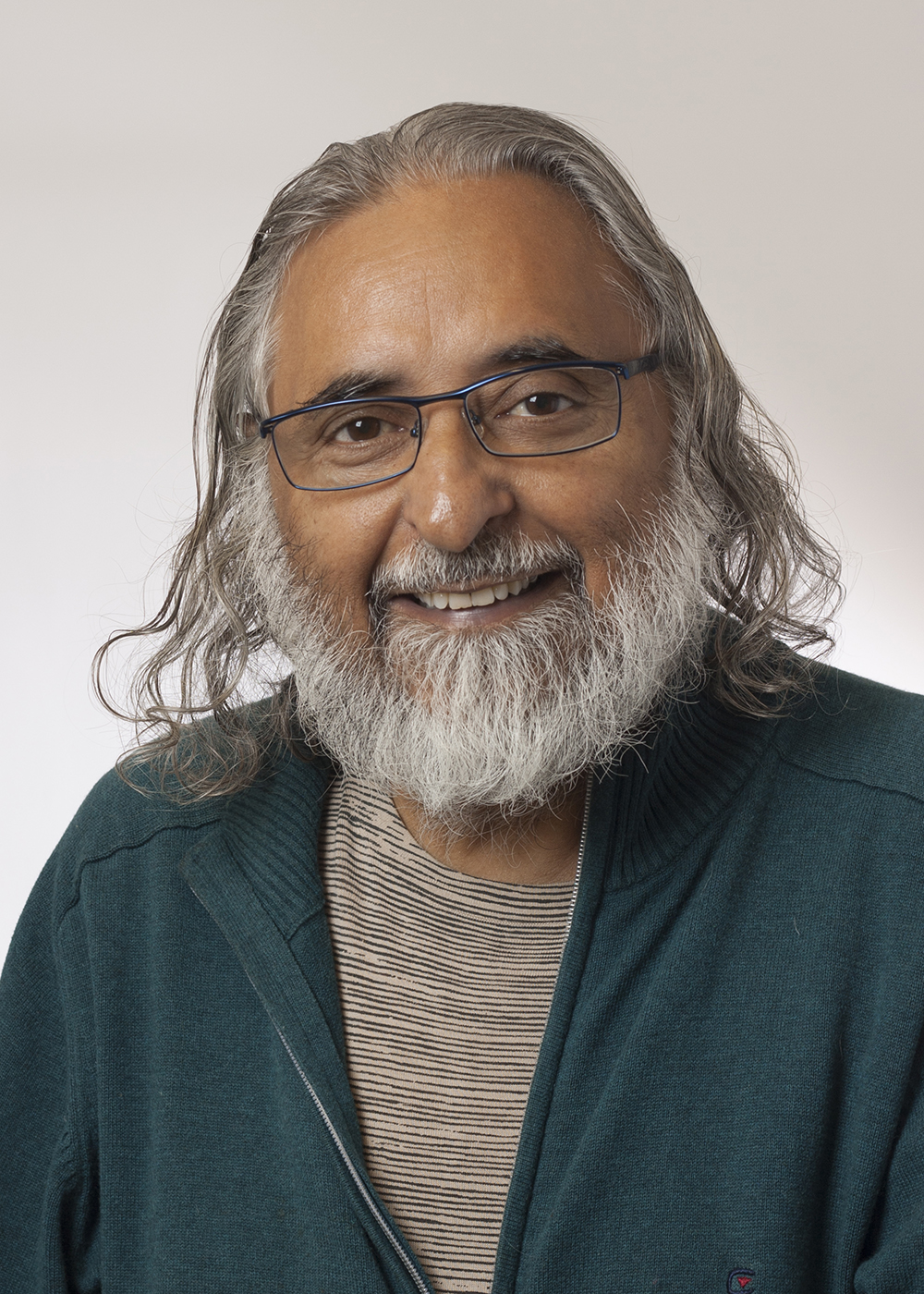In the second of my write ups, When did I become old, I had given a biologist’s answer that as a member of the human species Homo sapiens, I entered old age when I reached the top of our species’ essential lifespan of 45 years.
That does not mean that when I celebrated my 45th birthday, I became, from one day to the next, a grumpy old man personified in the imagery acted out by my students of the biogerontology course: a bent and shrunken body, holding a stick, wobbling, shaking, trying to focus the sight, balancing the gait, hand-cupping an ear, unsure of oneself, with a fake smile hiding the pains of a life time, with a face full of wrinkles, with dryish leathery skin, drooping lips, and with glow-less eyes looking far into the void. Even after 18 years since entering the old age as defined by the evolutionary biology, I am still not like that. Yet, I cannot deny that I am living in old age. I may call it early old age, or middle age or whatever else, it is all about living in old age.
I am experiencing several shades of old age. To begin with these are the biological shades. What has been happening to my body and mind since I entered the old age. The body is definitely following the biogerontological law of ageing: it is progressive, intrinsic and impairing.
I walk a bit slower. My eye-glasses needed to be strength-adjusted twice so far. I cannot carry my over-filled shopping bags too far. I need to use the toilet more often. My peeing curve is shorter and weaker. My tummy has bulged. My handshake has become softer. My mouth feels drier. I huff and puff running after a bus and often end up missing it.
My blood biochemistry is also showing various changes, especially with respect to its ability to regulate glucose levels. My doctor has labelled me as having old man’s diabetes, diabetes-2, and now I take metformin tablets twice a day. I am living in early old age. There must be numerous other small and big biological changes happening which haven’t started to give any obvious problems, so I don’t notice them. I may start losing taste, smell and appetite, and miss having long uninterrupted sleep, but at the moment that has not started to happen.
A couple of years ago when the meniscus of my right knee got sheared, my immediate concern was how will I now walk through the route to Camino, and Machu Picchu, and the Pyramids, and the Gangotari – so many walks yet to walk. Living in old age will certainly require a change from the real to the virtual via Discovery and Travel channels.
On the other hand, when I look into the mirror, actually I like my looks much more than twenty-thirty years ago. Although my hairline is receding a bit, I do have long and curly hair with various shades of grey! My beard is almost all white, and I like it. I see myself as a mature, wise, self-confident, smiling man. I imagine that is how others also see me. Well, I hope they do.
I feel that I have moved reasonably well and in step with the changing times. When I entered the old age at 45, it was about the same time that most of the digital transformation of the world had just started to happen – internet, emails, smart phones, apps, self-servicing and much more. I have adopted and adapted to all that.
In my academic work, I am much more faster in extracting the central message of the books and articles within my field of research. I can distinguish between what is important and what is trivial; what is meaningful and what is distracting; what is intellectually solid and what is just hot air. I think I have become much better in this aspect, so far. My brain has found newer and quicker ways of collecting information and converting it to knowledge.
My brain is much better in keeping me stable during uncertainties. It has also become more reactive to emotional ques, and I can easily shed tears in very many situations.
My immune system is highly experienced and learned. But I do need an anti-flu-shot once a year to help me prepare for any new strains of flu-virus. My male hormonal system has cooled down a bit and needs much more fantasy to make my blood rush to the places that may be needed to come in action. That also saves me from the many socially embarrassing situations encountered forty years ago.
I have also become much better in listening to others. I am much more tolerant towards my students. I am much more socially empathic. I am much more willing to share my materialistic and intellectual holdings. I have also become more anti-authority. But these are social issues of living in old age, aren’t they? I will come to those in the next write up.
**************’


